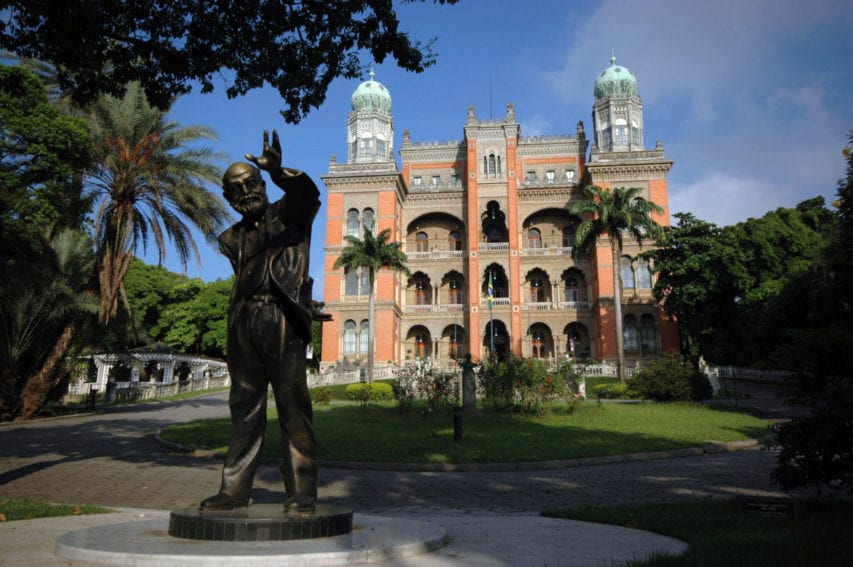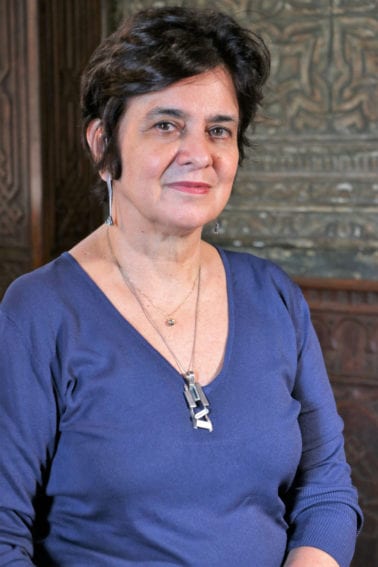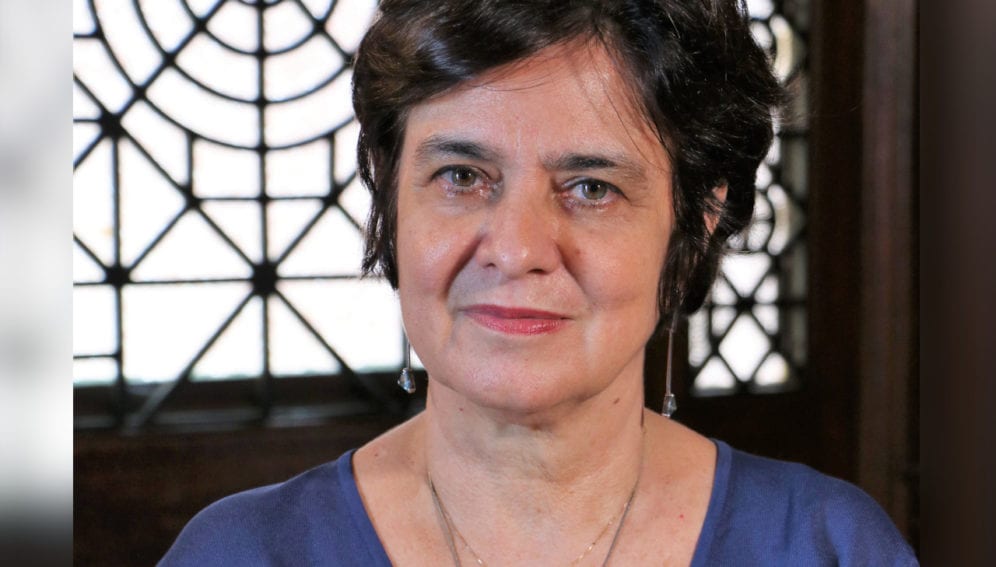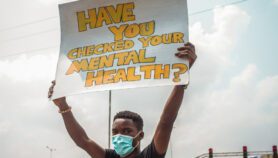By: Meghie Rodrigues
Send to a friend
The details you provide on this page will not be used to send unsolicited email, and will not be sold to a 3rd party. See privacy policy.
As Brazil reels from the impact of COVID-19, a “profound cultural change” is needed to stop women bearing the brunt of the crisis, says the head of biomedical research institute Fiocruz.
Sociologist Nisia Trindade Lima joined the organisation in 1987 as a researcher; in 2017 she became the first female president in its 120-year history.
In an interview with SciDev.Net for the International Day of Women and Girls in Science, Trindade Lima speaks about the challenges of integrating scientific and social research, closing the gender gap, and tackling disinformation on vaccines.
You are the first female president of Fiocruz in its history. Your background in sociology also differs from most previous presidents. How does this impact your leadership?
My perspective as a social scientist has not only influenced many of the processes I’ve been involved in, but also dealing with an agenda that requires a multidisciplinary and transdisciplinary effort has always been very important in my career at Fiocruz.
In respect of gender, it is an issue that has been widely debated at the institution. We have a gender and race equity committee, set up under my predecessor Paulo Gadelha. I’ve worked to advance the issues of this committee and institute a special programme for the international day of women and girls in science.
At Fiocruz, gender inequality still manifests itself in institutional leadership positions: we still have few women in top roles — there are about 30 per cent in top management positions — so there is a lot to be done, especially in understanding the place of women, which in pandemic times becomes even more acute.
You hint at the idea that the pandemic has disproportionately disadvantaged women… What needs to change?
I think a large part of the domestic work is still done either by the women of the family or by other women. In the pandemic, this has become harder, as contagion spreads and social inequality increases.
The virus started circulating in upper-middle classes and spread to the working class, starting with domestic workers. This shows an unequal and very complex reality. Women are responsible for a great deal of child care… We need a profound cultural change, because there is no other way to deal with this situation.
The work of Fiocruz encompasses health research, public service, and the production of medicines and vaccines. What are the main challenges in pandemic times?
Fiocruz’s main challenge now is to get the core activities that define us — research, education, well-structured information systems, access to data and vaccine production — and merge them into a synergic and integrated vision. There’s no use thinking about vaccines without thinking about vaccination policies, or access to the vaccination.
In more immediate terms, the big challenge is vaccination. We’re focusing all our efforts in the production of the COVID-19 Fiocruz vaccine, originally developed by the University of Oxford in partnership with AstraZeneca laboratories, which now will be produced at Fiocruz. At the same time, we’re working on raising public awareness for the importance of the vaccine. The key now is to vaccinate more and make vaccines available through our Unified Health System. This is the great challenge in which we are totally immersed at this moment.
For the future, I think the big challenge is for us to make these policies sustainable with regular investment in science and technology. There’s got to be sustainability to these efforts and ensure public laboratories of national production can do their job.

The Fiocruz headquarters in Rio de Janeiro is a Moorish-style castle. In the foreground, a sculpture of the founder, Oswaldo Cruz. Copyright: Ana Limp / Fiocruz.
The COVID-19 pandemic has propelled Fiocruz and science into the media spotlight. How can this attention be sustained after the pandemic?
We have to take advantage of the fact that many issues will remain [after the crisis] … awareness, preparation, valuing science, the Unified Health System. So we are thinking about how we can learn from this whole experience and how the relationship with the media, guided by science communication, can develop. I think this is Fiocruz’s greatest contribution, the one that makes people come to us most.
Before the pandemic we had already advanced on many issues, with the institutional repository which allows citizens to have access to our scientific production — an observatory focused on COVID-19 during the pandemic. So, I think from here, other actions will unfold because Fiocruz has always valued this activity.
One of the challenges facing the COVID-19 vaccine is disinformation. How has Fiocruz tackled this issue?
By trying to communicate as transparently as possible. Our portal has an entire area dedicated to vaccines and vaccination. We have consolidated communication channels of our own, such as Canal Saude and Radis magazine and in addition to that we have sought communication experts as much as possible to communicate the importance of vaccines and vaccination and encourage our community to vaccinate. We also have public events to inform the population about vaccines, but much of their reach also depends on the media coverage they get.



“For the future, I think the big challenge is for us to make these policies sustainable with regular investment in science and technology”.
Nisia Trindade Lima, Fiocruz president.
We have figures at the institution who are historically linked to the fight for vaccination, such as Dr Akira Homma [former president and emeritus researcher at Fiocruz, and one of the world’s leading vaccine experts]. So it is, if you like, embedded in the organisation, and there are a number of people fighting for public health, the cause to which they dedicate their lives.
This interview was produced by SciDev.Net’s Latin America & Caribbean desk.















